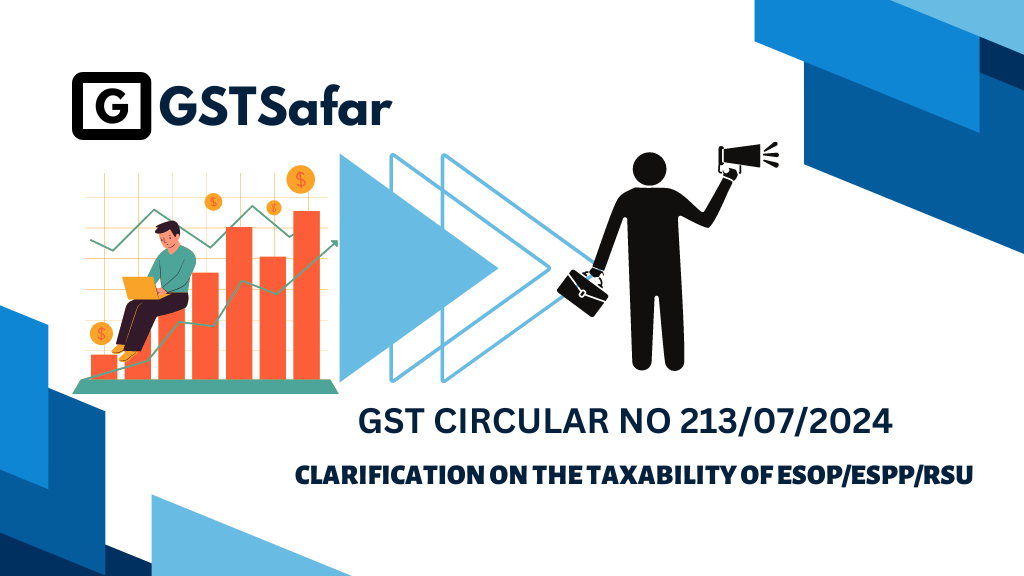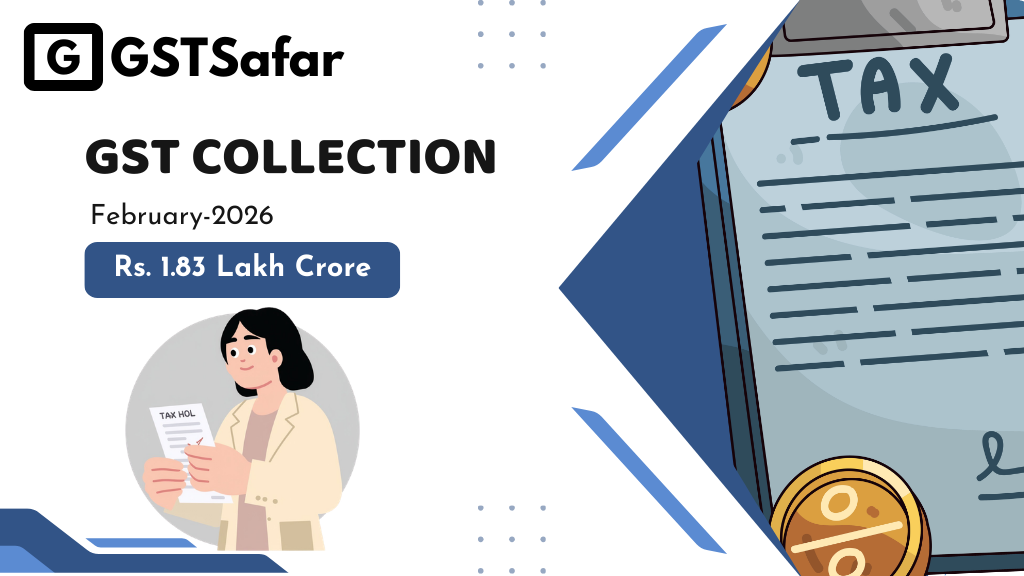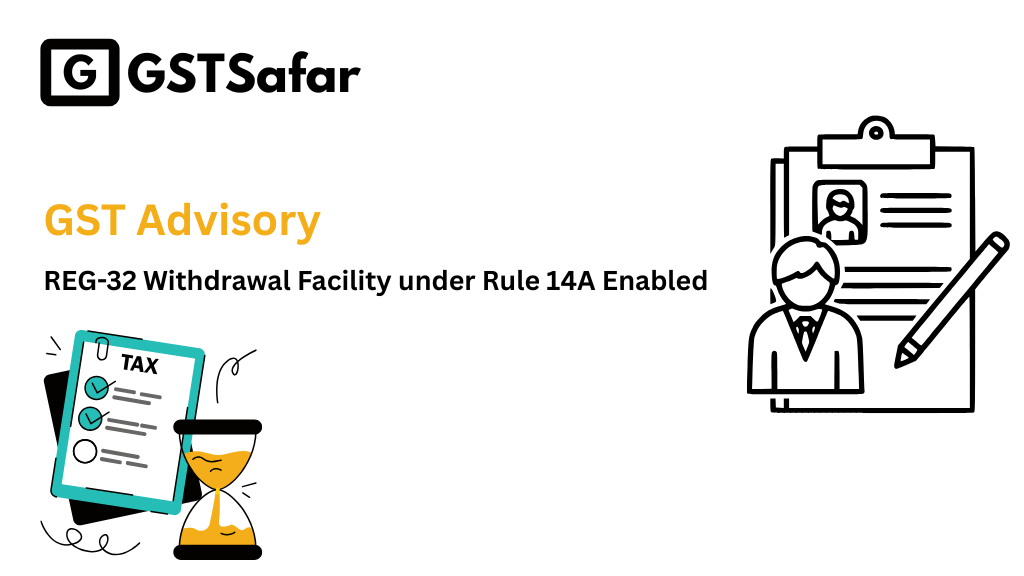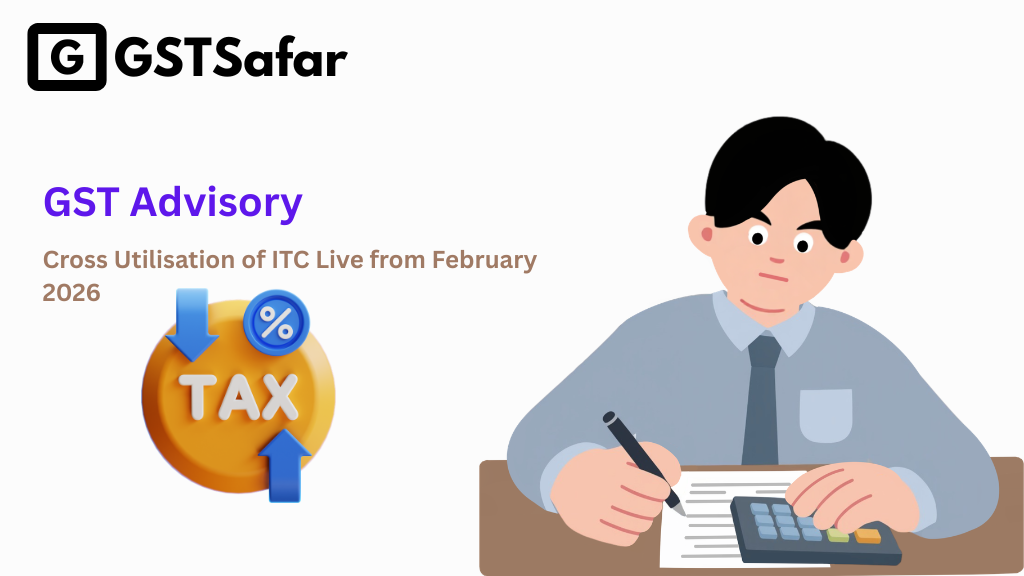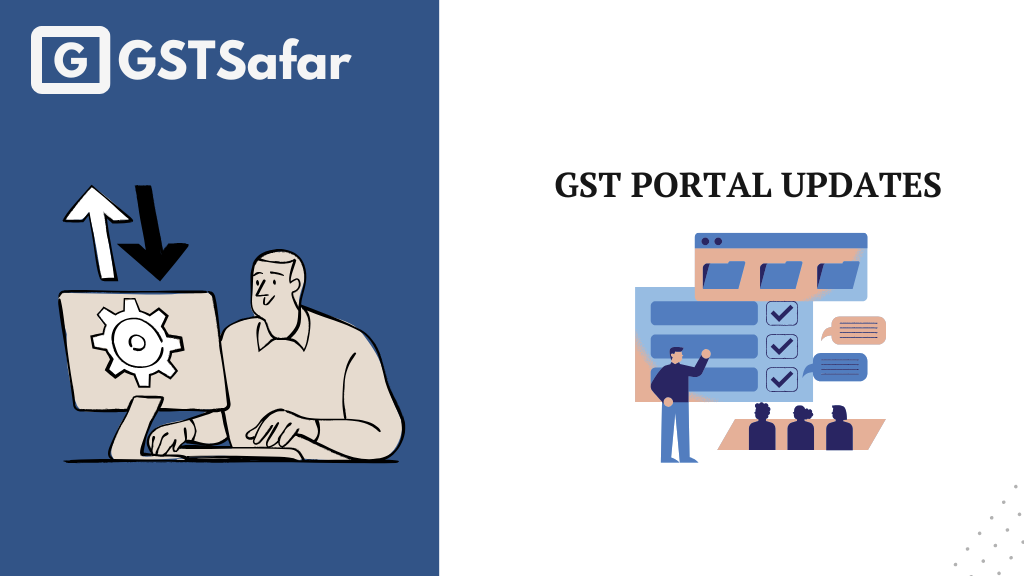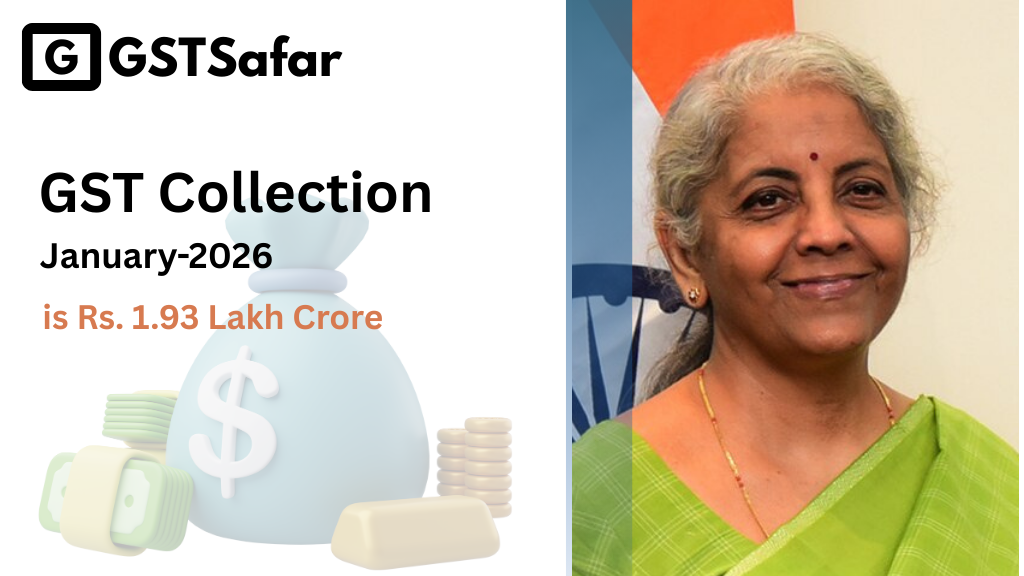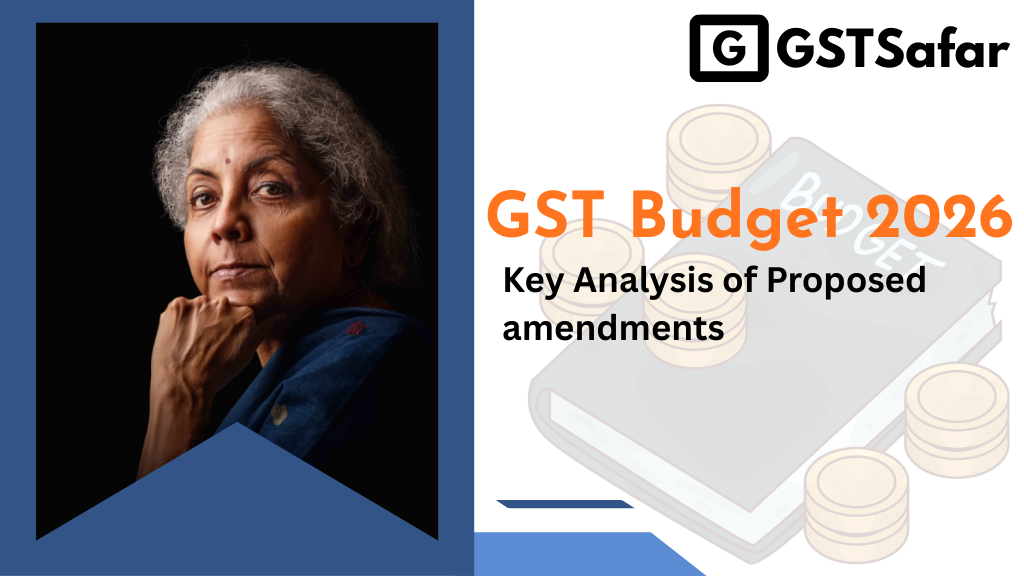Summary of Clarification on the taxability of ESOP/ESPP/RSU
Comapnies and tax authorities have asked for Clarification on the taxability of ESOP/ESPP/RSU provided to employees are taxable.These are forms of compensation where employee receives company shares or the option to buy the shares, and there is confusion about how they should be taxed under existing rules. The request is for clear guidance on how these benefits should be treated for tax purposes.
- Some indian companies allow their employees to receive shares or securities from their foreign parent company as part of their compensation package. in these cases, when an employee of the indian subsidiary exercises this option, the foreign parent company directly gives the shares to the employee. The indian subsidiary then reimburses the foreign parent company for the cost of those shares.
- There is confusion about whether this process of providing shares and the subsequent reimbursement should be treated as an Import of Financial services and whether it is subject to GST under the RCM. The Reverse charge mechanism means that instead of supplier, the recipient would be responsible for paying GST.
- To remove this doubts and ensure consistent application of the law across all tax offices the board under its power from section 168(1) of CGST Act has issued the clarifications.Comapny offers their employees the Employee Stock Options Plan (ESOP), Employee Stock Purchase Plan (ESPPs) and Restricted Stock Units (RSU) depending on the tems of the agreement between employer and employee with aim to encourage better performance of employee by giving stake in company.
- The process of giving ESOP, ESPP or RSU from foreign parent company to employees of an indian subsidiary involves the followign steps:
- The domestic subsidiary company gives option/ facility of ESOP/ESPP/RSU to its employees as part of compensation package as per terms of employment.
a) The employees exercise their stock options, either by purchasing shares at the grant price or by holding the options until they vest.
b) The foreign holding company of the domestic subsidiary company issues ESOP/ESPP/RSU, which are securities/shares listed on the foreign stock exchange, to the employees of the domestic subsidiary company.
c) The foreign holding company transfers the shares directly to the employees of the subsidiary company.
d) The domestic subsidiary company generally reimburses the cost of such shares to the foreign holding company on cost-to cost basis either through an actual remittance or through an equity transfer as prescribed by the relevant Indian Accounting Standard.
e) The employees hold the shares and may sell them at a later date, if they so choose.
- Securities are neither goods nor services as per GST Act, so transfering, buying , selling shares does not fall under the GST rules. therefore no GST is applied on this transactions. Moreover, offering stock options is part of the employee’s compensation, meant to motivate them and align their interests with the company’s success. Under GST law work done by an employee for their employer is not treated as supply of goods or services, so no GST is charged on compensation that includes these stock options.
- Finally the reimbursement by the indian subsidiary to the foreign parent company for these shares is just cost to cost payments. Since these payment is related to transfering shares, which are neither goods or services , it does not count as importing services thus No GST is applied on this reimbursement.
- If the foreign parent company charges any extra fees, commissions from indian subsidiary for giving the employees stock options, this extra amount will be considered payment for service. Specifically it’s seen as service for helping and arranging the share transfer. GST will apply to extra fees and indian subsidiary need to pay GST under reverse charge mechanism, which means the indian subsidiary will be responsible for paying GST on this service.
- However, if the indian subsidiary is simply reimbursing the foreign parent company only for the cost of the shares, without any extra fees, then this is not considered a service and no GST applies. Only when additional fees are charged beyond the cost of shares will GST be involved, and the Indian subsidiary will have to pay it on the reverse charge basis for those extra services.
Download – Circular 213/07/2024
